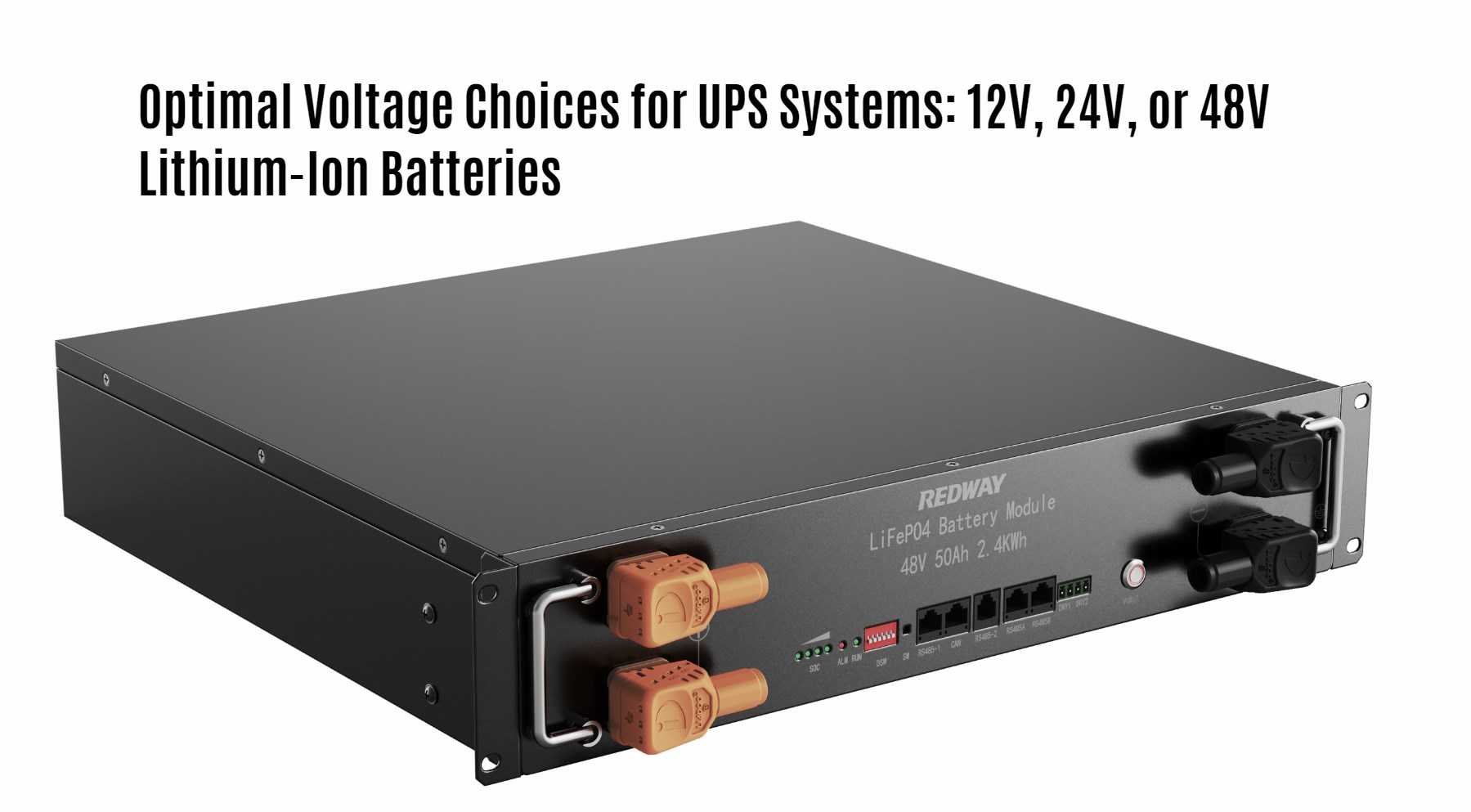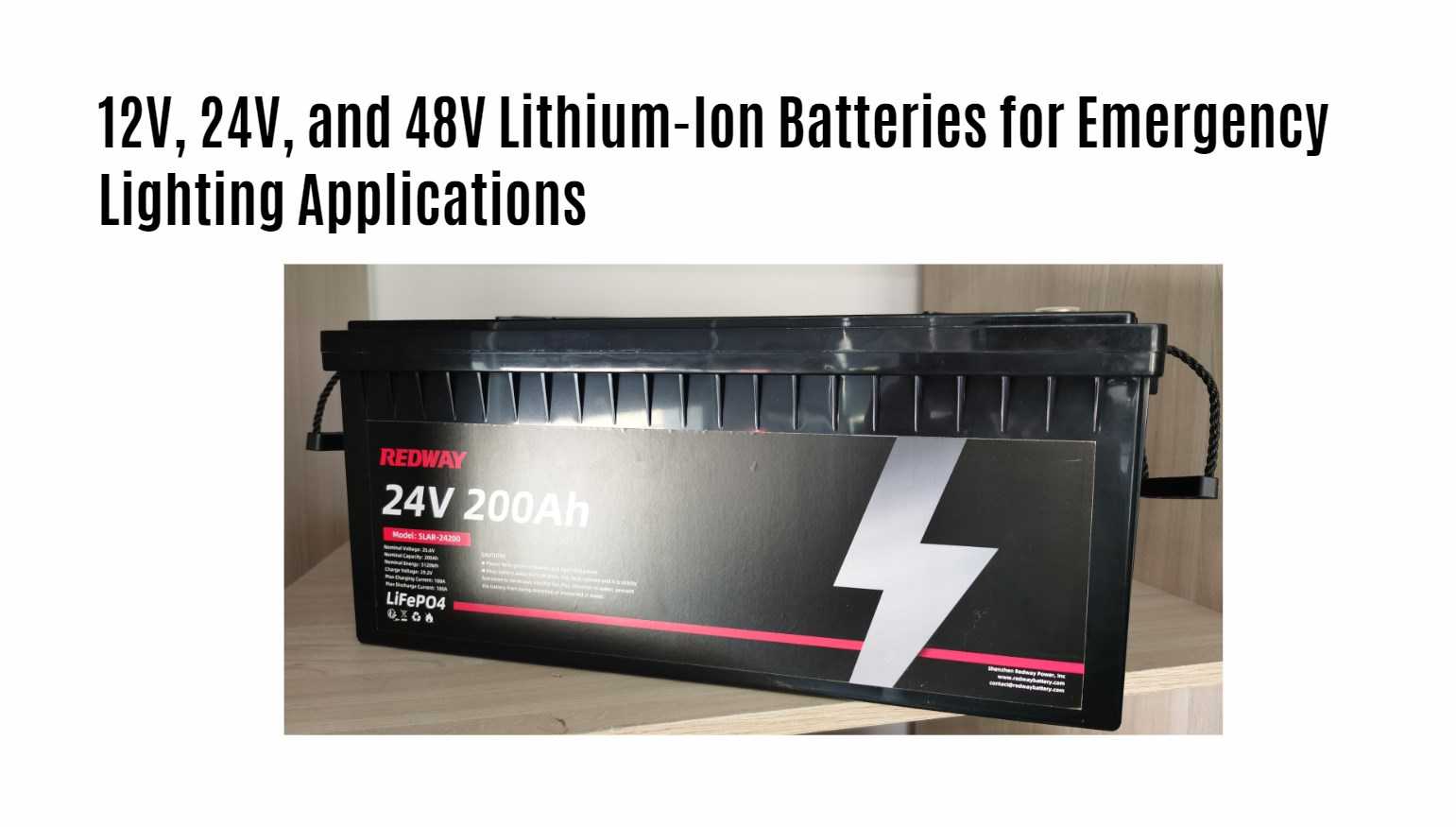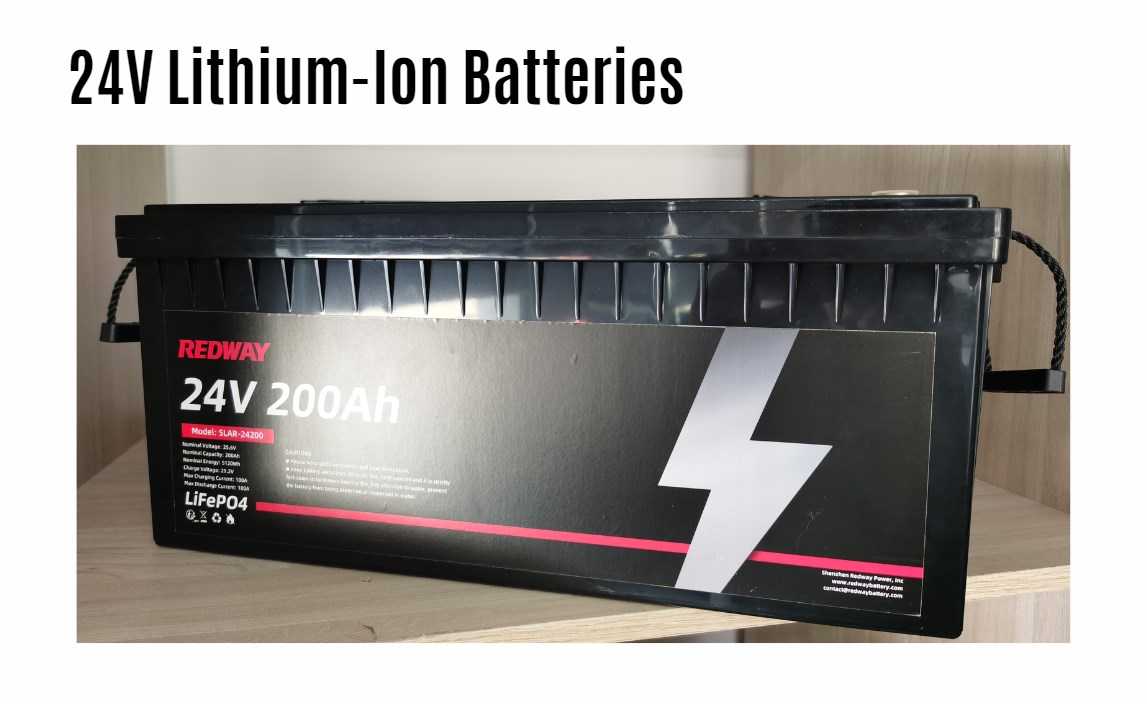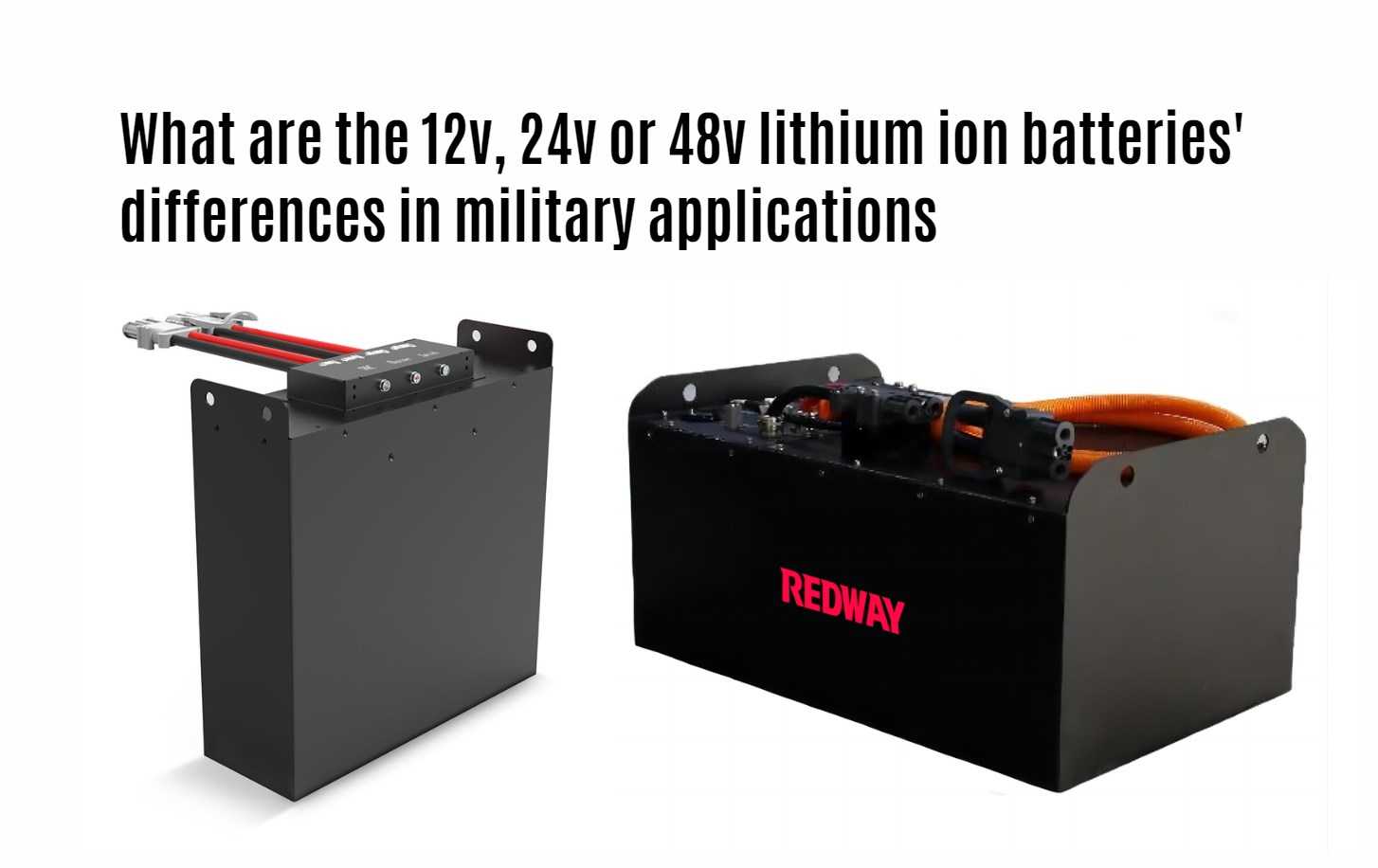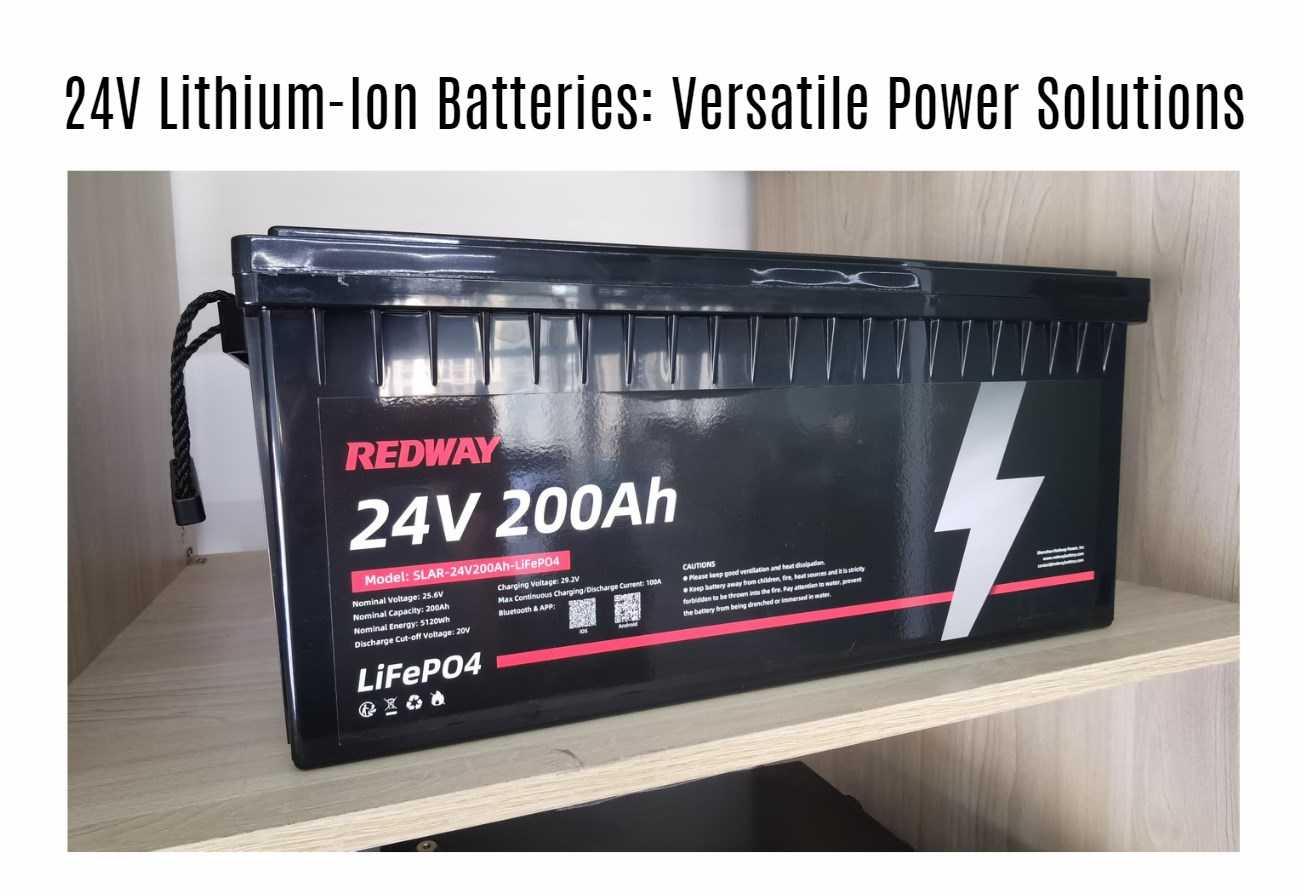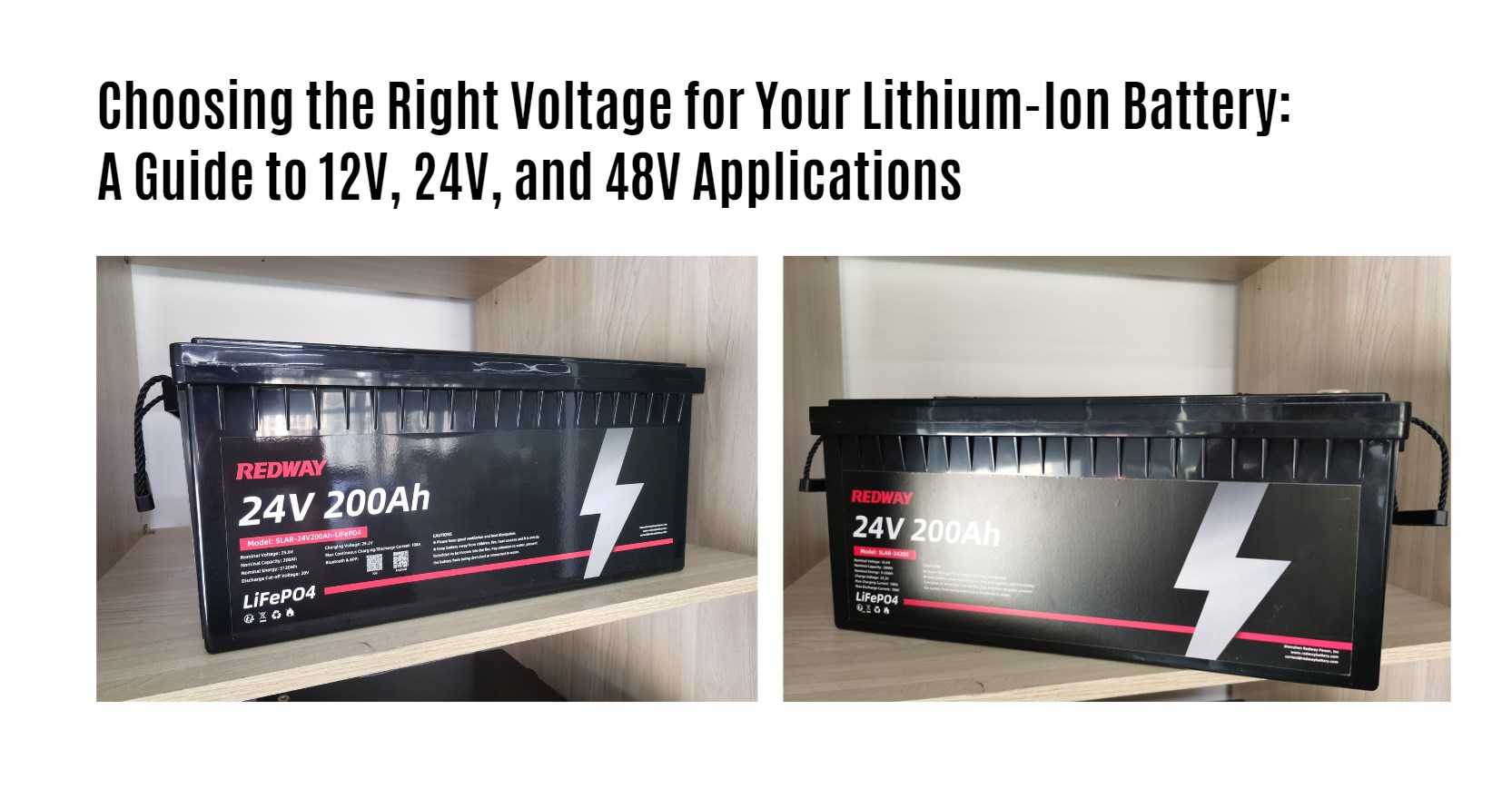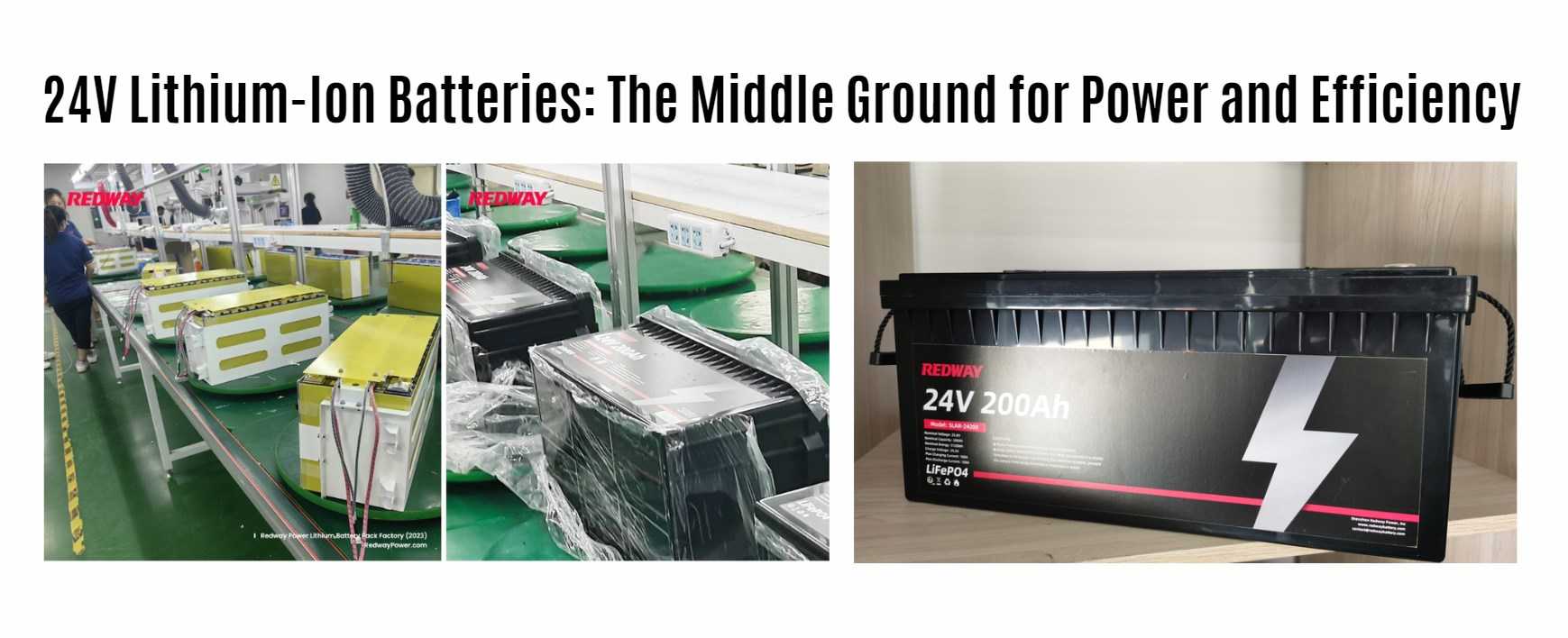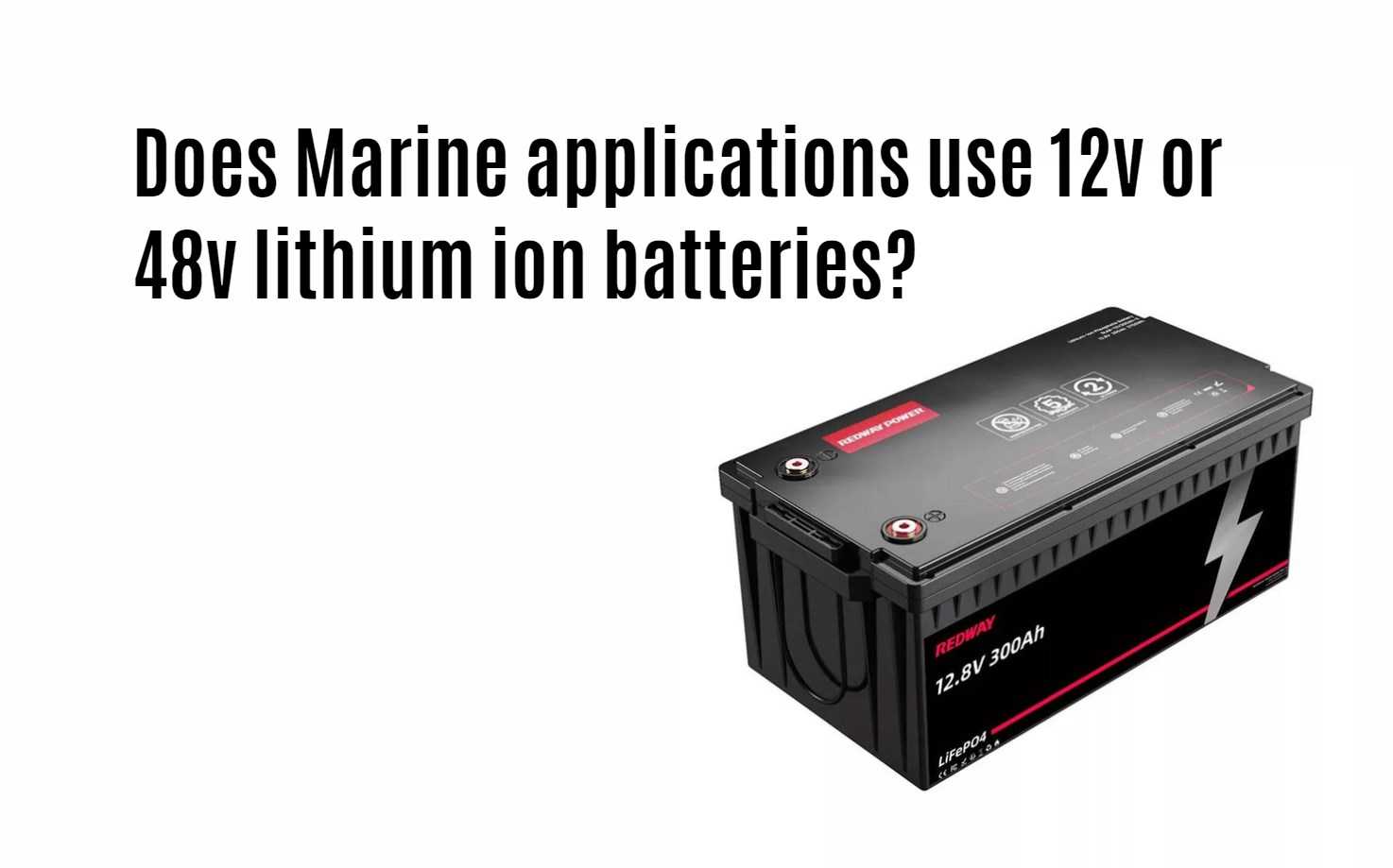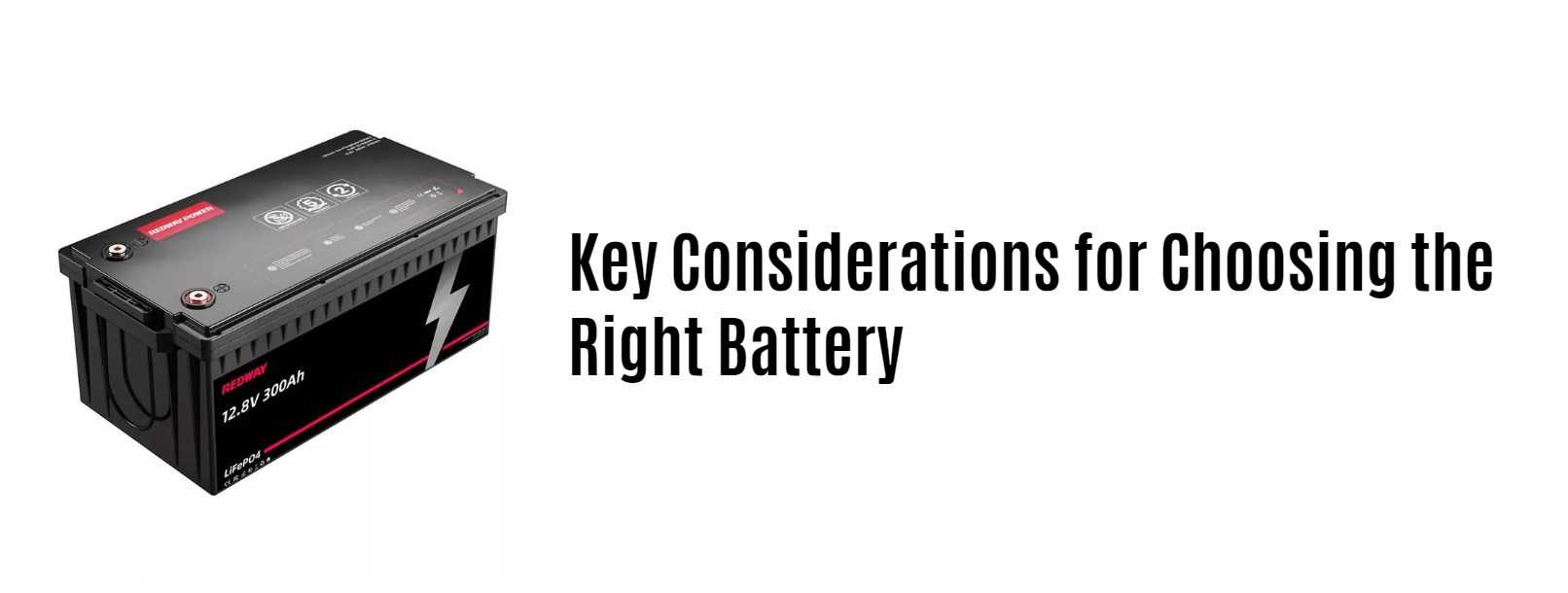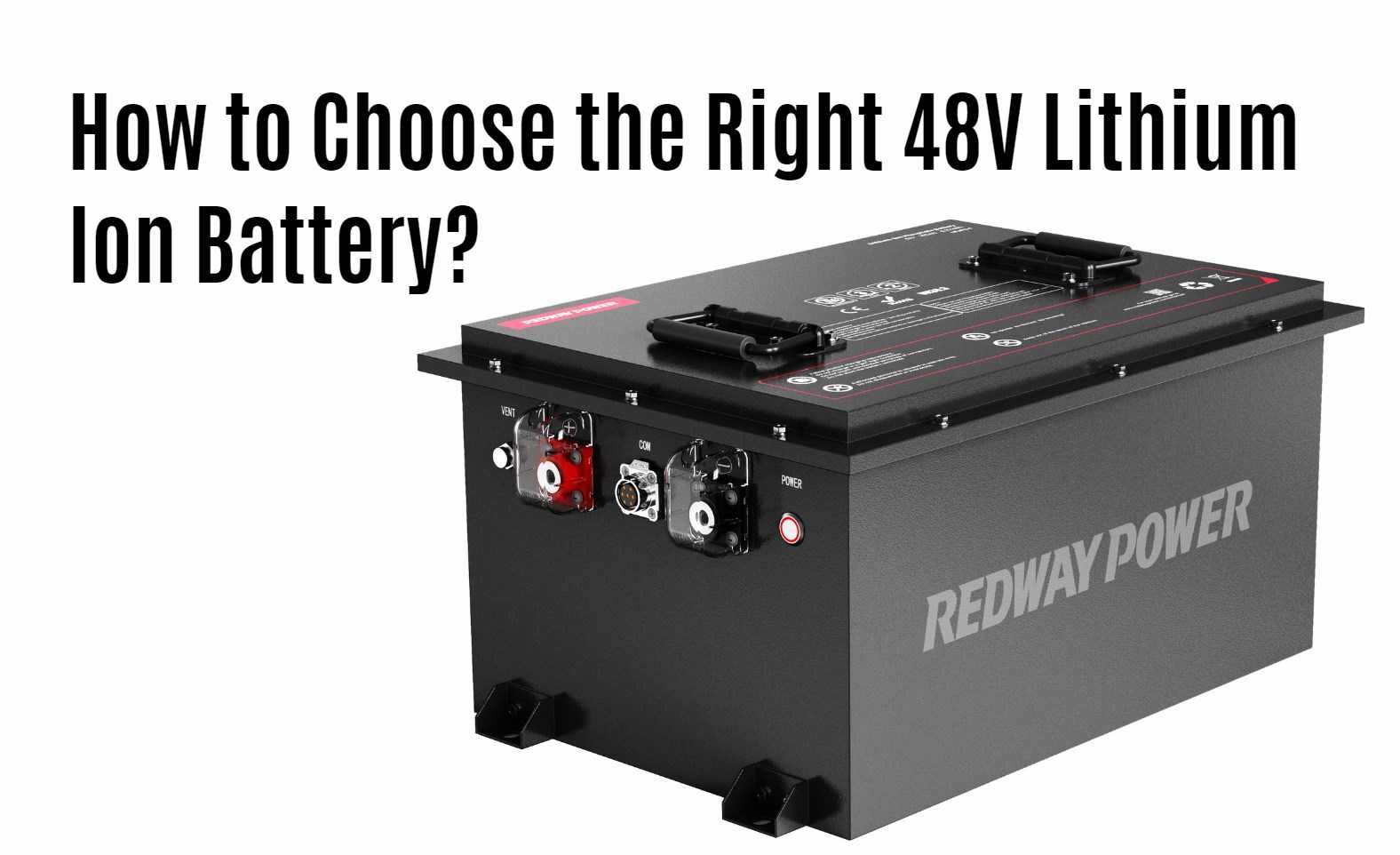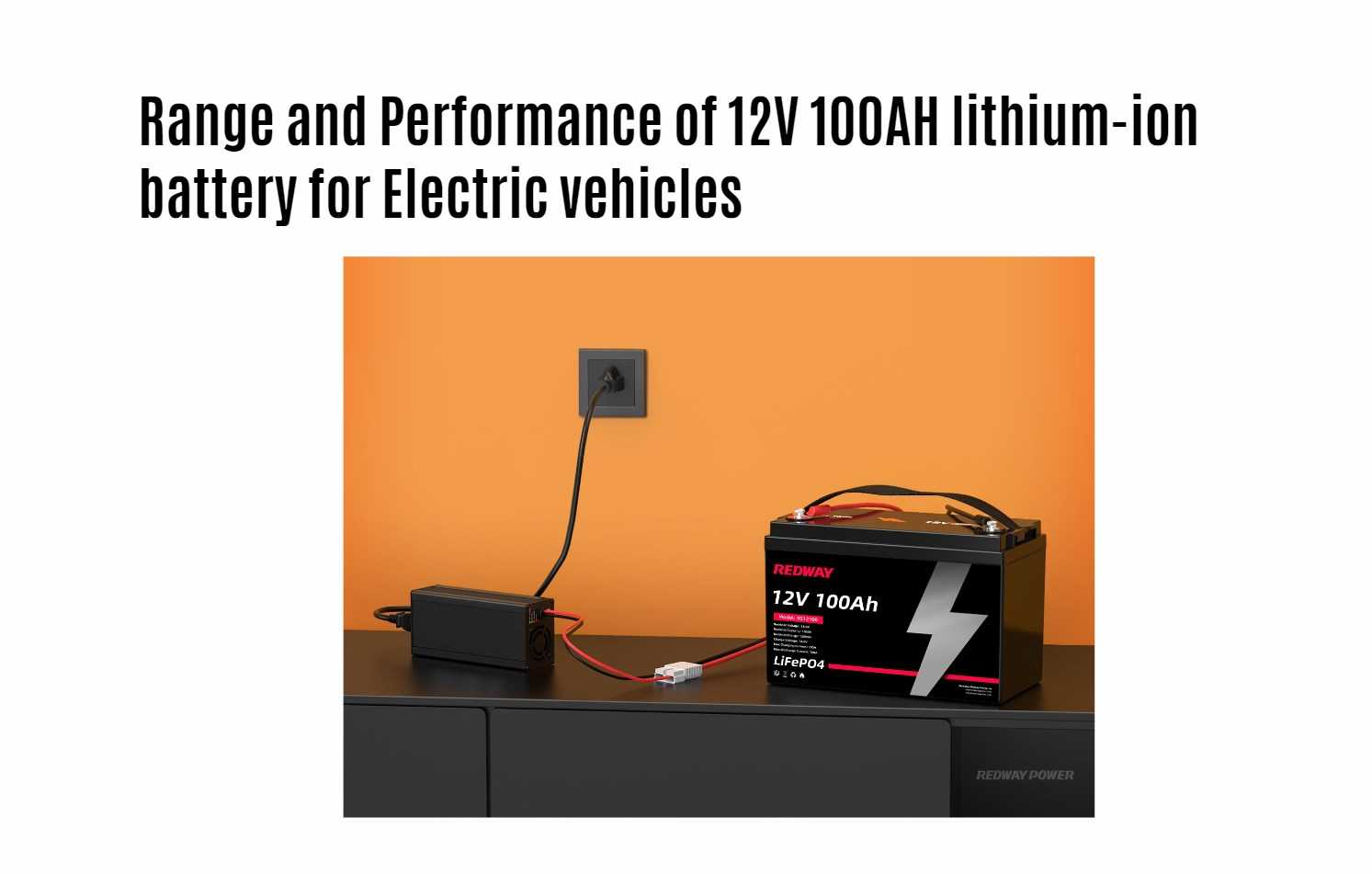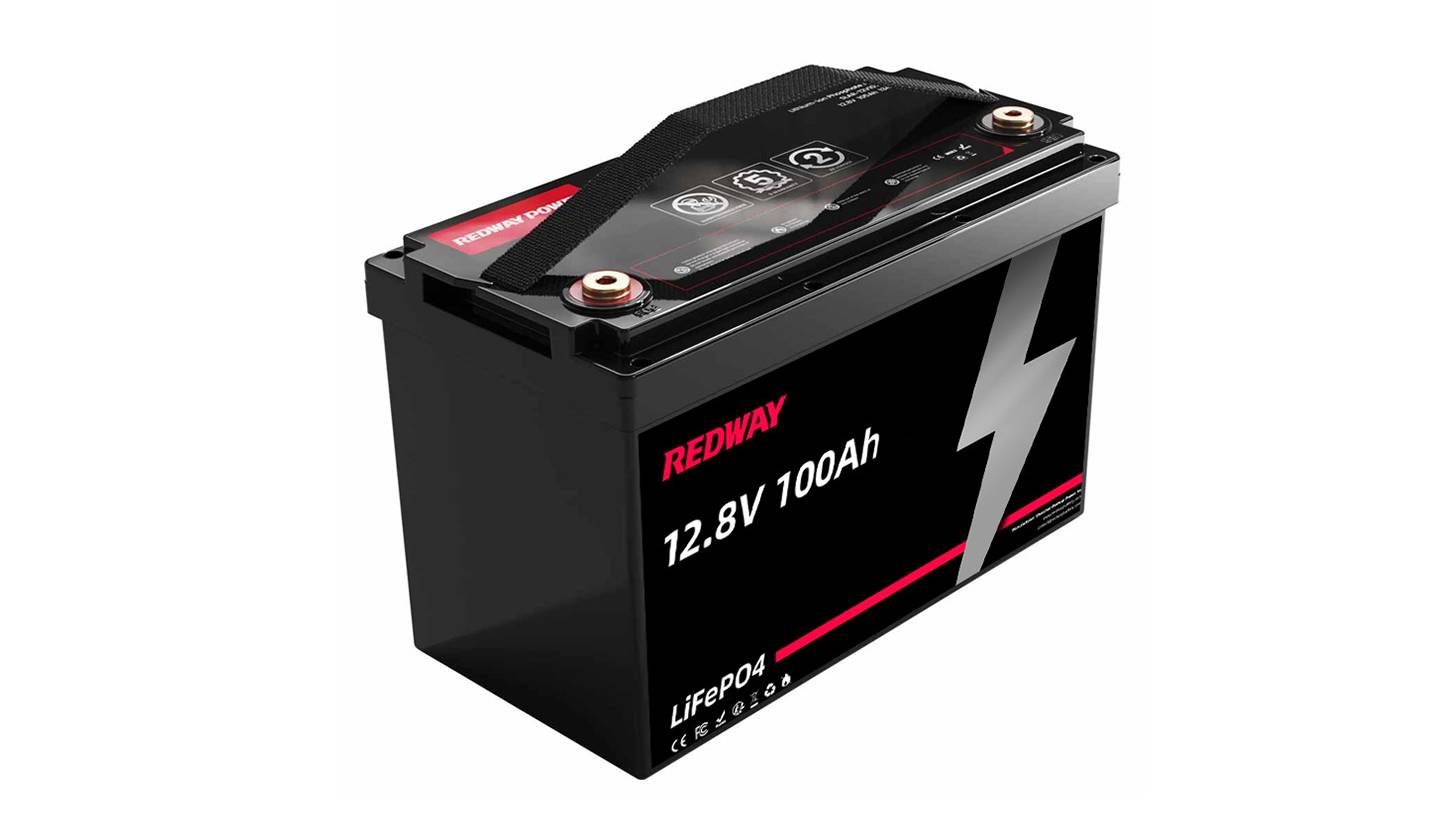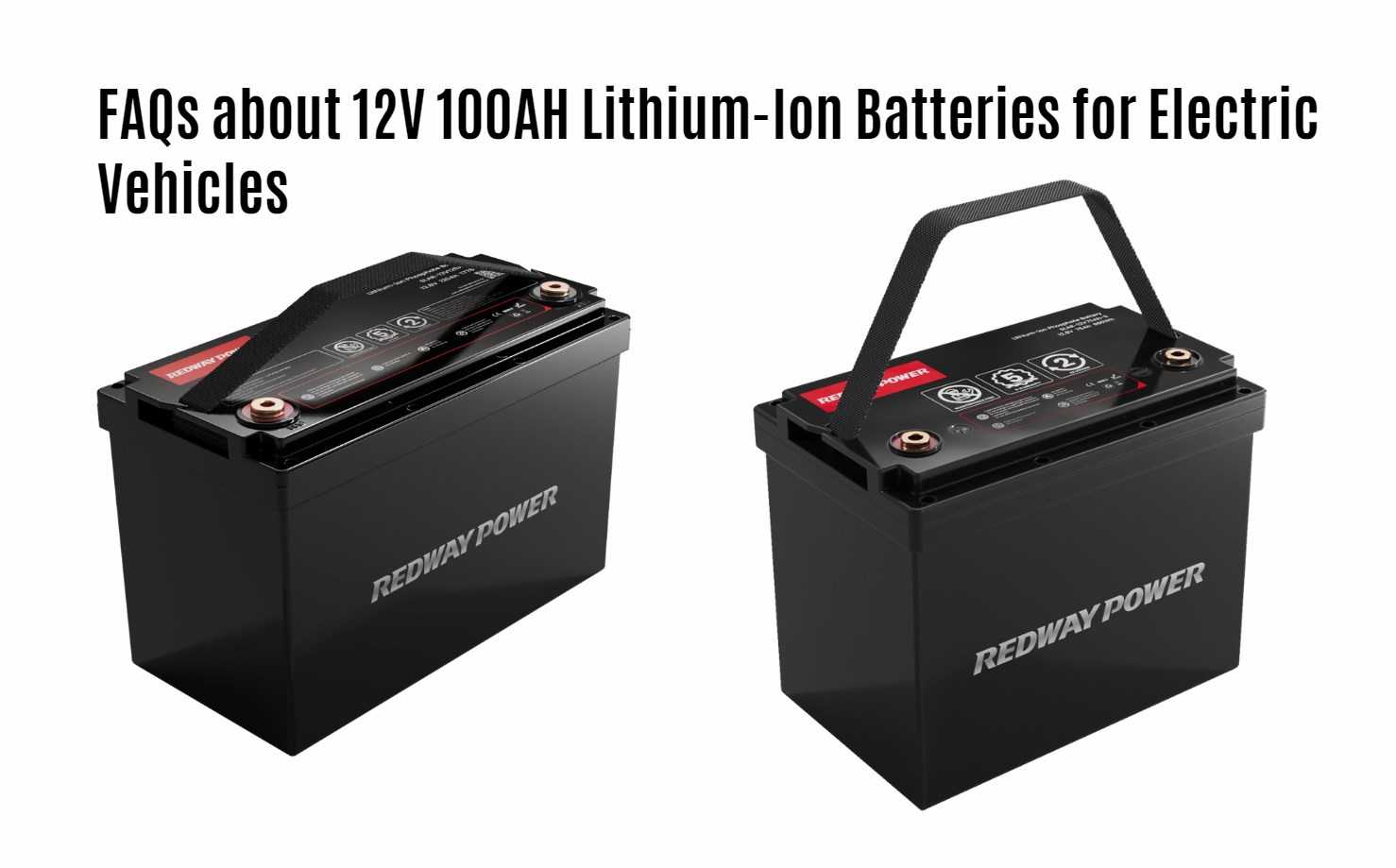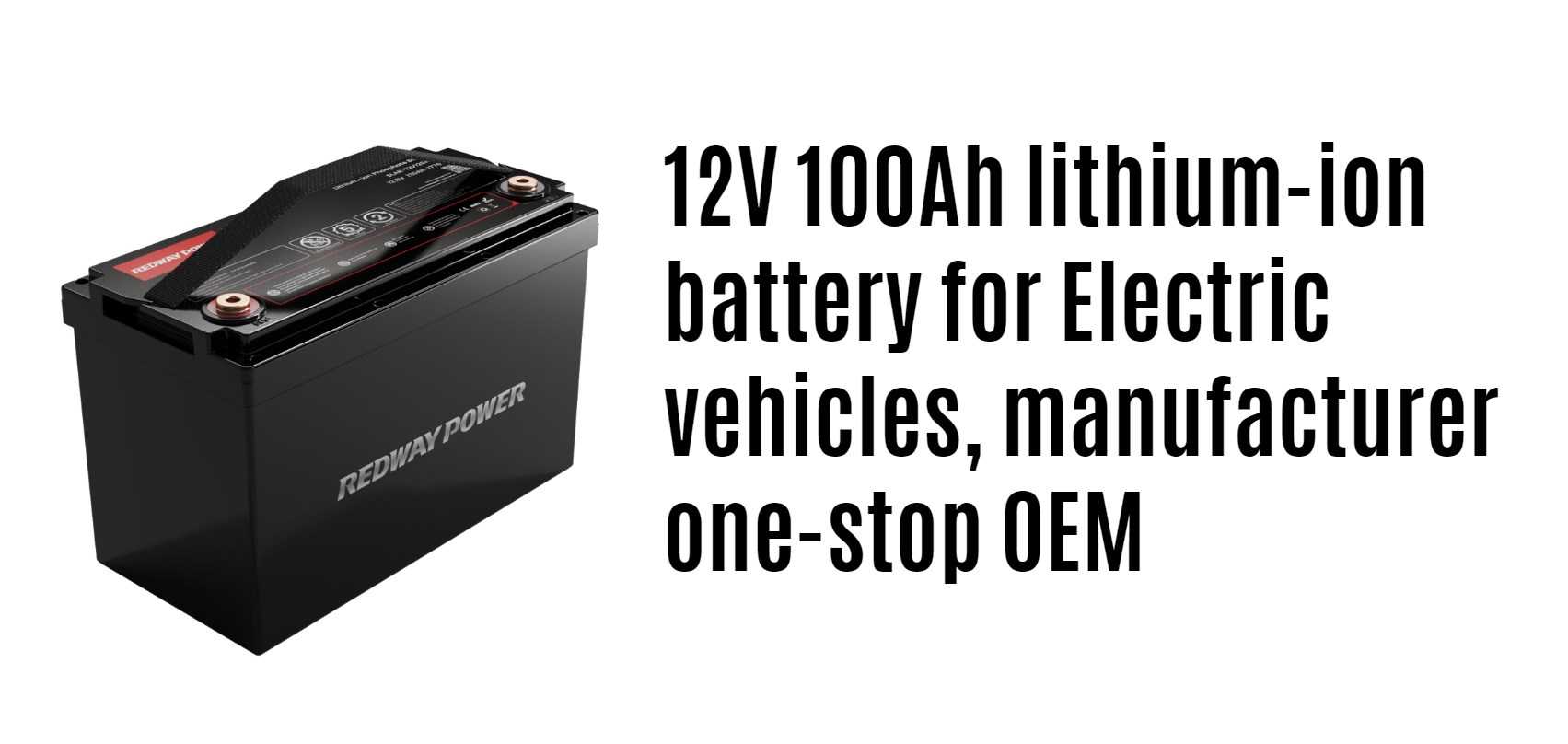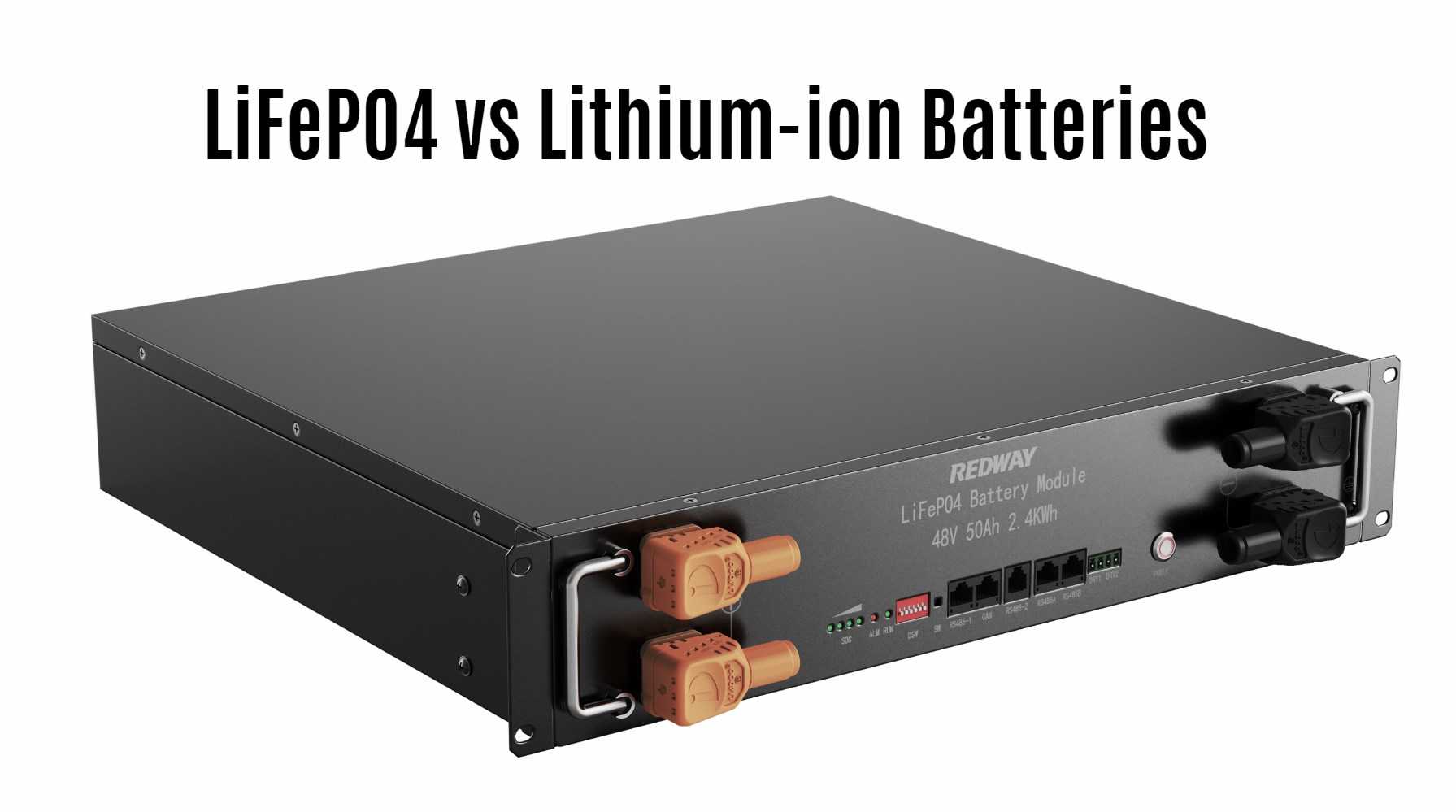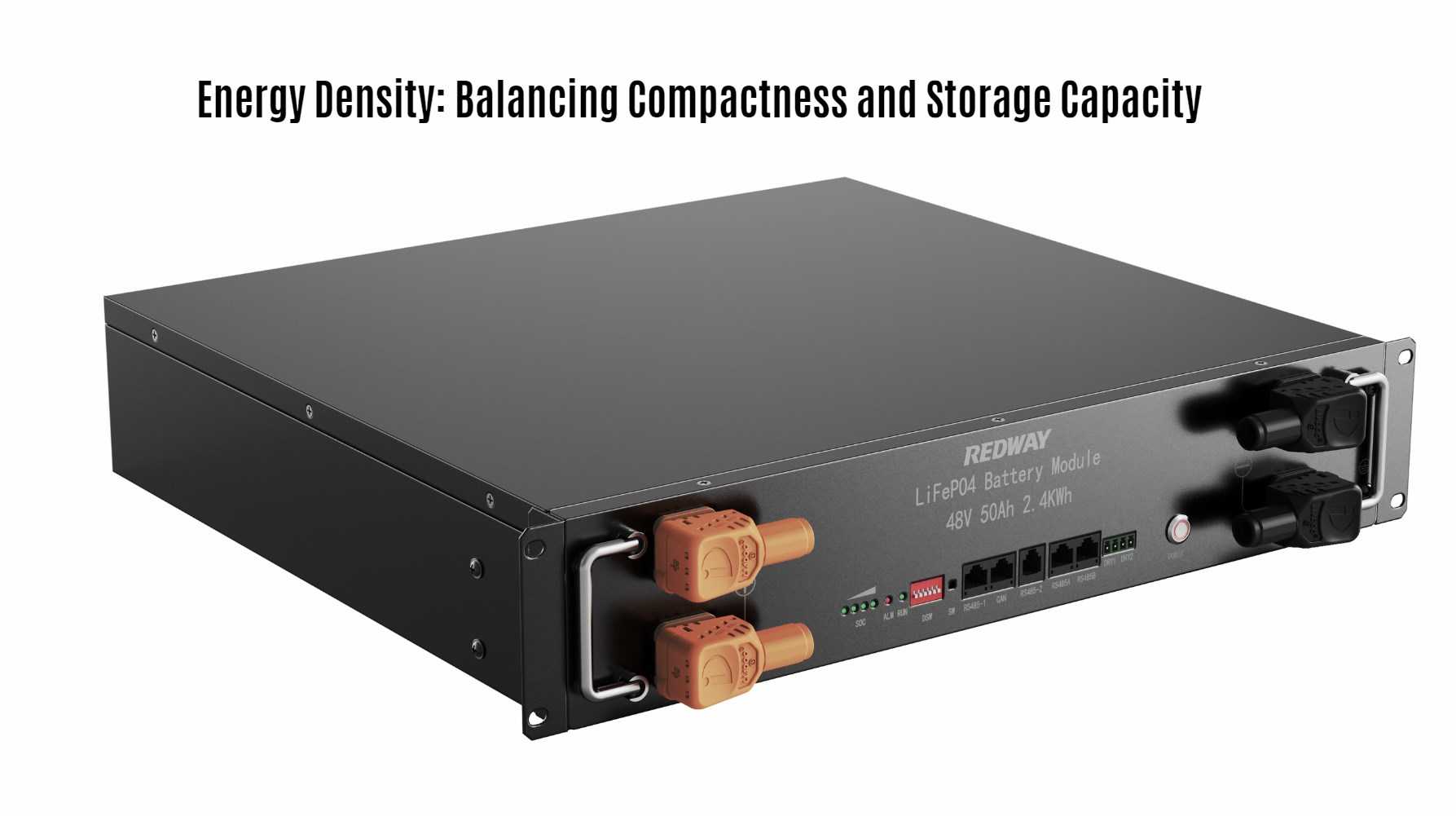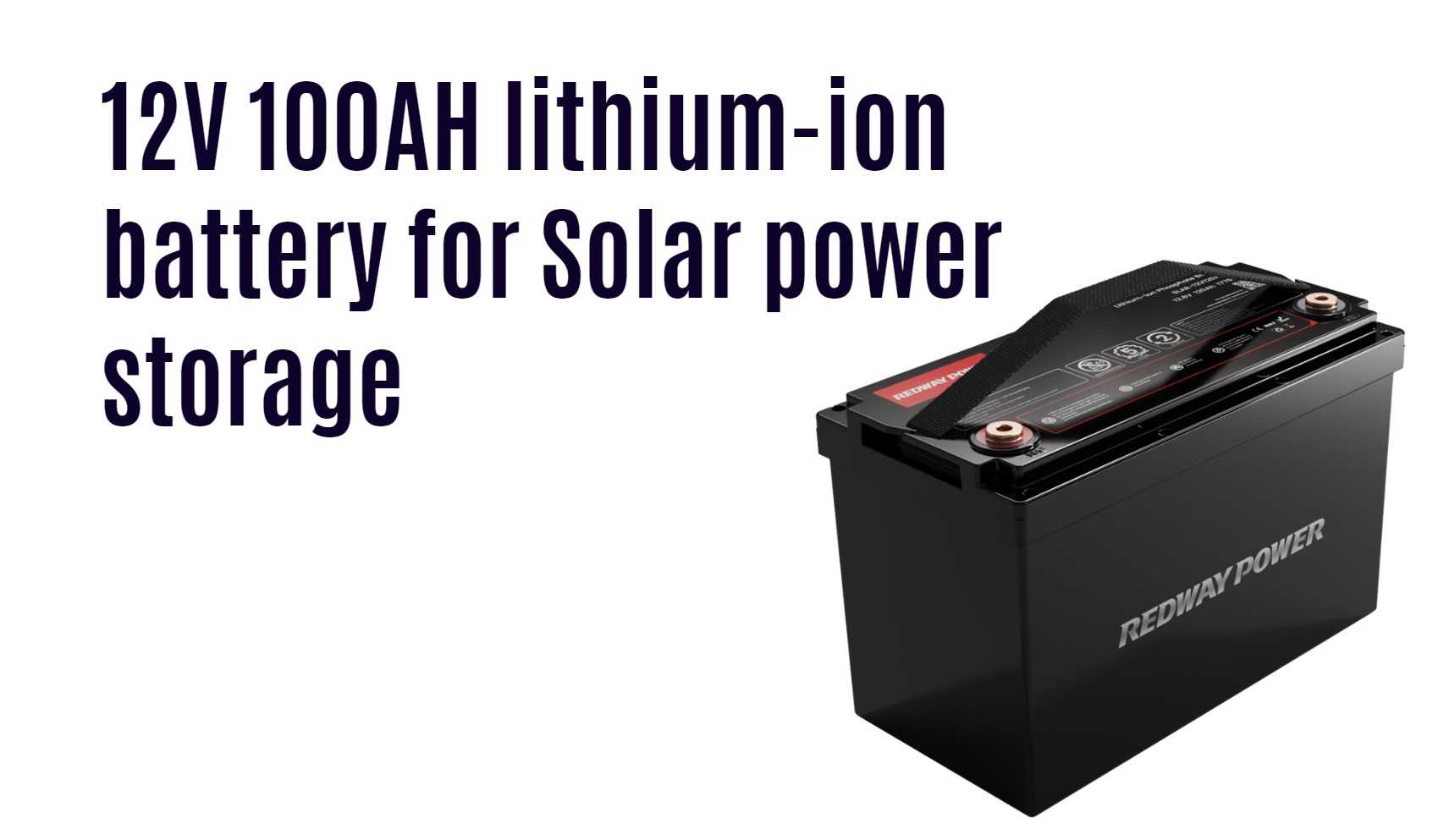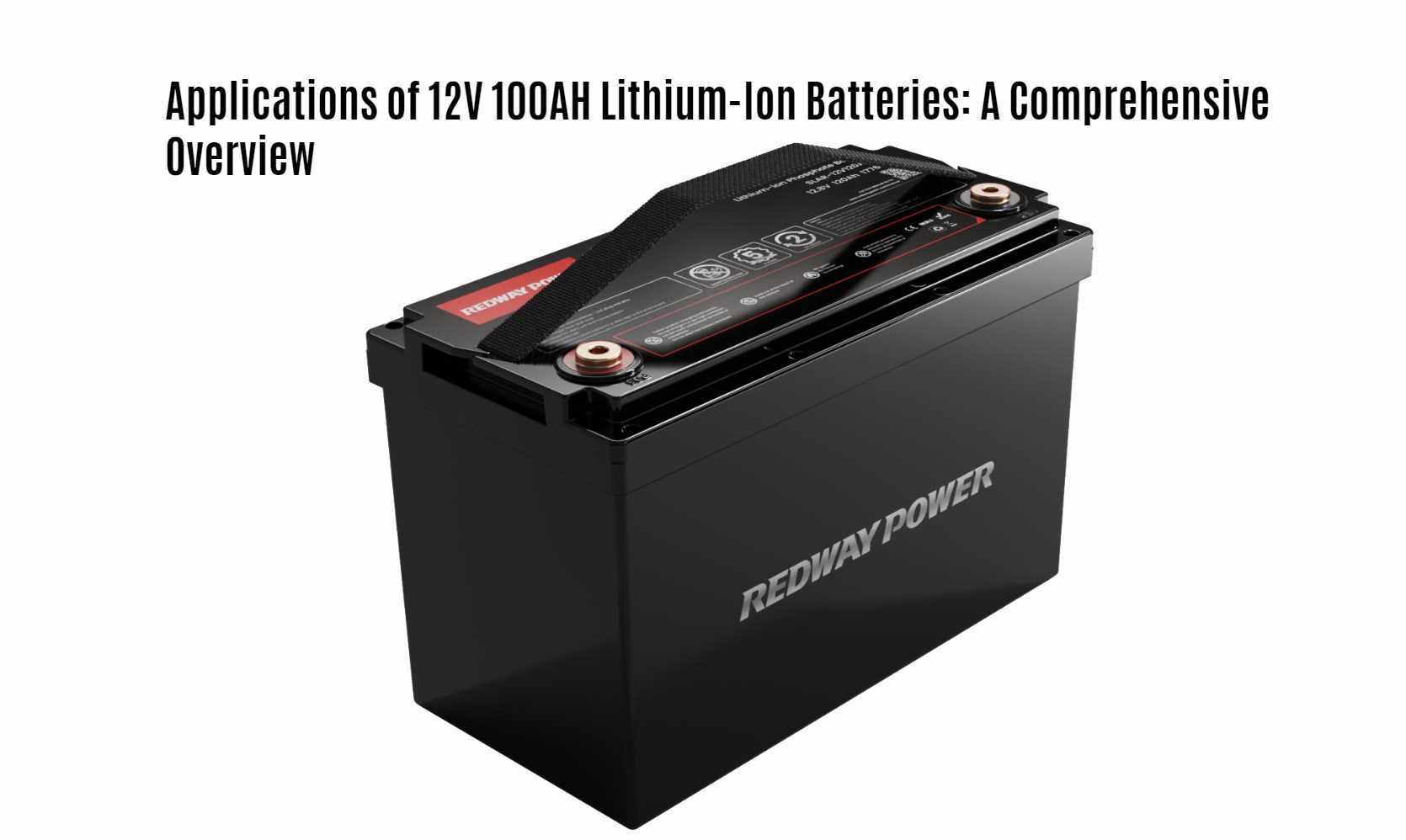Optimal Voltage Choices for UPS Systems: 12V, 24V, or 48V Lithium-Ion Batteries
In the realm of uninterruptible power supply (UPS) systems, selecting the appropriate battery voltage is crucial for ensuring reliable and efficient power backup. The common voltages used in these systems are 12V, 24V, and 48V lithium-ion batteries. Each voltage has distinct characteristics that make it suitable for different applications, from small home offices to large-scale data centers. This article delves into the specifics of each voltage type, offering a comprehensive guide to help you choose the optimal battery for your UPS system.
Understanding UPS Systems and Battery Voltage
The Role of UPS Systems
UPS systems are designed to provide backup power in the event of a mains electricity failure, protecting sensitive equipment from data loss, damage, and downtime. They are critical in various settings, including homes, offices, data centers, hospitals, and industrial facilities.
Why Voltage Matters
The voltage of a battery in a UPS system influences several factors, including the power output, run time, and overall efficiency of the system. Higher voltages generally support larger loads and longer backup times but may also require more complex installation and higher initial costs.
Detailed Analysis of Battery Voltages
12V Lithium-Ion Batteries
Applications
- Home and Small Office UPS Systems: 12V batteries are ideal for smaller UPS systems used in residential and small office environments. They are lightweight and compact, making them easy to install and maintain.
- Backup Duration: Typically, these systems provide backup power for a few minutes to an hour, depending on the battery capacity and the power requirements of the connected devices.
Advantages
- Ease of Installation: Their compact size and light weight facilitate straightforward installation.
- Cost-Effective: Generally less expensive than higher voltage batteries, making them a cost-effective solution for less demanding applications.
24V Lithium-Ion Batteries
Applications
- Medium-Sized Commercial and Industrial UPS Systems: 24V batteries are suitable for medium-sized UPS systems found in commercial buildings, small data centers, and industrial settings.
- Extended Backup Times: These batteries can support longer backup durations compared to 12V batteries, catering to more critical and sustained power needs.
Advantages
- Balanced Performance: They offer a good balance between power output and manageability, providing more robust support than 12V systems without the complexity of 48V setups.
- Improved Efficiency: Higher voltage reduces current for the same power output, improving overall system efficiency and reducing heat generation.
48V Lithium-Ion Batteries
Applications
- Large Data Centers and Critical Infrastructure: 48V batteries are designed for large-scale UPS systems used in data centers, hospitals, and other critical infrastructure where power demands are substantial and constant.
- Maximum Power and Duration: These batteries provide the highest power output and the longest run times, essential for maintaining operations during prolonged outages.
Advantages
- High Power Density: They offer the highest power density, making them suitable for the most demanding applications.
- Advanced Safety Features: Often equipped with sophisticated safety and monitoring systems to ensure reliable and safe operation.
Choosing the Right Battery Voltage
Factors to Consider
Power Requirements
Assess the total power load and the duration for which backup power is needed. Higher voltage batteries are preferable for larger loads and longer durations.
Space and Weight Constraints
Consider the physical space available for the UPS system and the weight capacity. While 48V systems are powerful, they also tend to be larger and heavier.
Budget
Higher voltage systems generally come with a higher initial cost. Evaluate the budget to find a balance between upfront expenses and long-term benefits.
Safety and Reliability
Ensure the chosen battery system includes necessary safety features to prevent hazards and ensure reliable performance, particularly for critical applications.
Conclusion
Selecting the appropriate battery voltage for your UPS system is essential for optimizing performance and ensuring reliable power backup. Whether you choose 12V, 24V, or 48V lithium-ion batteries depends on your specific power requirements, budget, and application needs. Each voltage type offers unique benefits, making them suitable for different scenarios, from home offices to large data centers. By carefully evaluating these factors, you can make an informed decision that ensures uninterrupted power and protects your valuable equipment.

